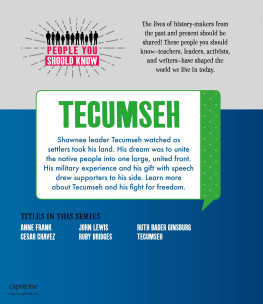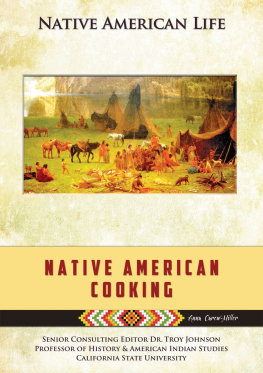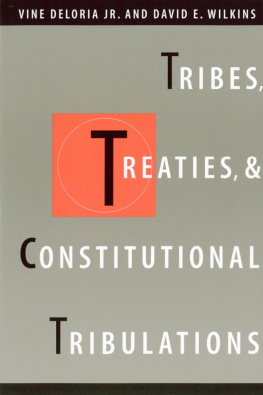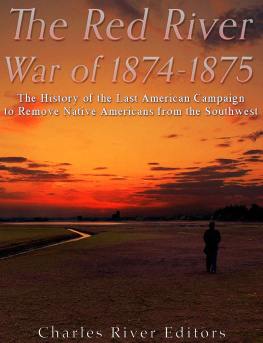Published in 2018 by Cavendish Square Publishing, LLC
243 5th Avenue, Suite 136, New York, NY 10016
Copyright 2018 by Cavendish Square Publishing, LLC
First Edition
No part of this publication may be reproduced, stored in a retrieval system, or transmitted in any form or by any meanselectronic, mechanical, photocopying, recording, or otherwisewithout the prior permission of the copyright owner. Request for permission should be addressed to Permissions, Cavendish Square Publishing, 243 5th Avenue, Suite 136, New York, NY 10016.
Tel (877) 980-4450; fax (877) 980-4454.
Website: cavendishsq.com
This publication represents the opinions and views of the author based on his or her personal experience, knowledge, and research. The information in this book serves as a general guide only. The author and publisher have used their best efforts in preparing this book and disclaim liability rising directly or indirectly from the use and application of this book.
CPSIA Compliance Information: Batch #CS17CSQ
All websites were available and accurate when this book was sent to press.
Library of Congress Cataloging-in-Publication Data
Names: Deibel, Zachary.
Title: Native American resistance / Zachary Deibel.
Description: New York : Cavendish Square Publishing, 2018. | Series: Primary sources of westward expansion | Includes index.
Identifiers: ISBN 9781502626448 (library bound) | ISBN 9781502626349 (ebook)
Subjects: LCSH: Indians of North America--Wars--Juvenile literature. | Indians of North America--Government relations--Juvenile literature. | Indians of North America--Social conditions--Juvenile literature.
Classification: LCC E81.K55 2018 | DDC 970.00497--dc23
Editorial Director: David McNamara
Editor: Fletcher Doyle
Copy Editor: Nathan Heidelberger
Associate Art Director: Amy Greenan
Designer: Ral Rodriguez
Production Coordinator: Karol Szymczuk Photo Research: J8 Media
The photographs in this book are used by permission and through the courtesy of: Cover, David F. Barry/National Archives/File:Chief Gall-NARA.jpg/Wikimedia Commons/Public Domain; p. Unknown/File: Wounded Knee 1891.jpg/Wikimedia Commons/Public Domain.
Printed in the United States of America
INTRODUCTION
Friends to Foes
CHAPTER ONE
Shared Home
CHAPTER TWO
Fighting to Keep Land
CHAPTER THREE
Treaties and Betrayal
CHAPTER FOUR
End of Resistance
Chronology
Glossary
Further Information
Bibliography
Index
About the Author
Friends to Foes
I n 1776, leaders of the American Revolution in Philadelphia invited the Iroquois Confederacy to a session of the newly formed Continental Congress. Fearing the Natives would choose to fight for the British Empire in the Americans war for independence, the delegates begged the Iroquois for their support. Brothers, they pleaded in an address delivered on June 11, we hope the friendship that is between us and you will be firm. The king of Great Britain had become upset with the Americans because we will not let him take away from us our land, and all that we have, and give it to them, and because we will not do every thing that he bids us. They continued, We hope you will not suffer any of your young men to join with our enemies that nothing may happen to make any quarrel between us. The Americans had lived on the continent for fewer than two centuries. Now, they were asking the Natives, whose territory and freedom they had taken for decades, for help preserving their liberty and land.
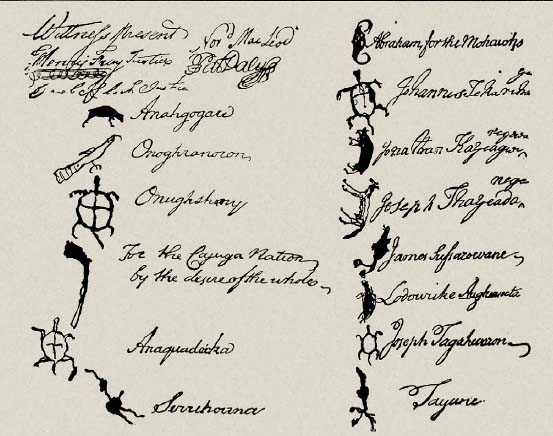
Six Nations tribal chiefs signed a document selling land to Pennsylvania with pictograms. The written signatures were added by another hand.
Throughout its existence, the United States has oppressed Native Americans in various ways. Americans occupied Native territory, forced indigenous people to relocate, used military force to push Native people from their homelands, and even waged war against several Native nations. The United States wanted to achieve a firm hold over the entire North American continent, and they saw this pursuit of coast-to-coast domination as a national destiny. Many Native Americans chose to resist this injustice. Both Native Americans and American citizens fought back against these injustices, through legal actions, protest, and armed conflict.
From 1803 to 1869, the United States saw the West as a new frontier for American society. It would provide farmland, serve an ever-growing population, bring new states into the Union, and allow people to travel all over the country on a railroad that would span the continent. Initially, the United States negotiated with Native American nations through treaties and agreements to share much of the land. However, as politicians became more fixated on expanding the nations territory, they betrayed previous treaties to pursue American interests.
The Native people, however, were not willing to let the United States government exploit them without resisting such injustice. These struggles eventually led to decades of brutal conflict between the United States and Native Americans. The United States would be responsible for millions of Native American deaths over the course of its history, but many courageous Native people spoke out and resisted this oppression.
Opposition also came from other sources. In 1830, Senator Theodore Frelinghuysen of New Jersey opposed the Indian Removal Act, which allowed the government to forcibly remove Cherokees from their homelands in the South. Do the obligations of justice change with the color of the skin? asked Frelinghuysen. Many Native Americans would rise up throughout history to answer Frelinghuysens question with a resounding No. If the United States would not treat them fairly and justly, they would fight back. And fight back they did.
Theodore Frelinghuysen led opposition to Indian removal in the US Senate.
Shared Home
T he first leaders of the young United States quickly realized that the nations relationship with Native Americans would be an important area of concern. Starting with the Treaty of Paris in 1783, which ended the Revolutionary War, the United States began to assert itself as the central power on the continent. The Natives of North America had a long history of both conflicts and alliances with many of the European powers that had established colonies. From French trade agreements to near enslavement by the Spanish, Native Americans across the continent had experienced several different approaches from European colonists. During the Revolution, some Native nations had aligned with the colonists, but many tribes fought with the British, believing the British Empire offered better chances for peace than the colonists independent government. However, after the conflict, Native groups were forced to negotiate with the new American government.






